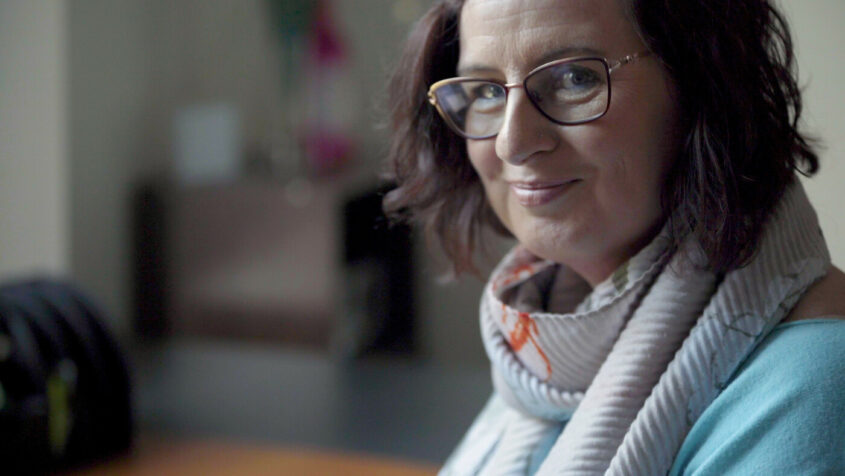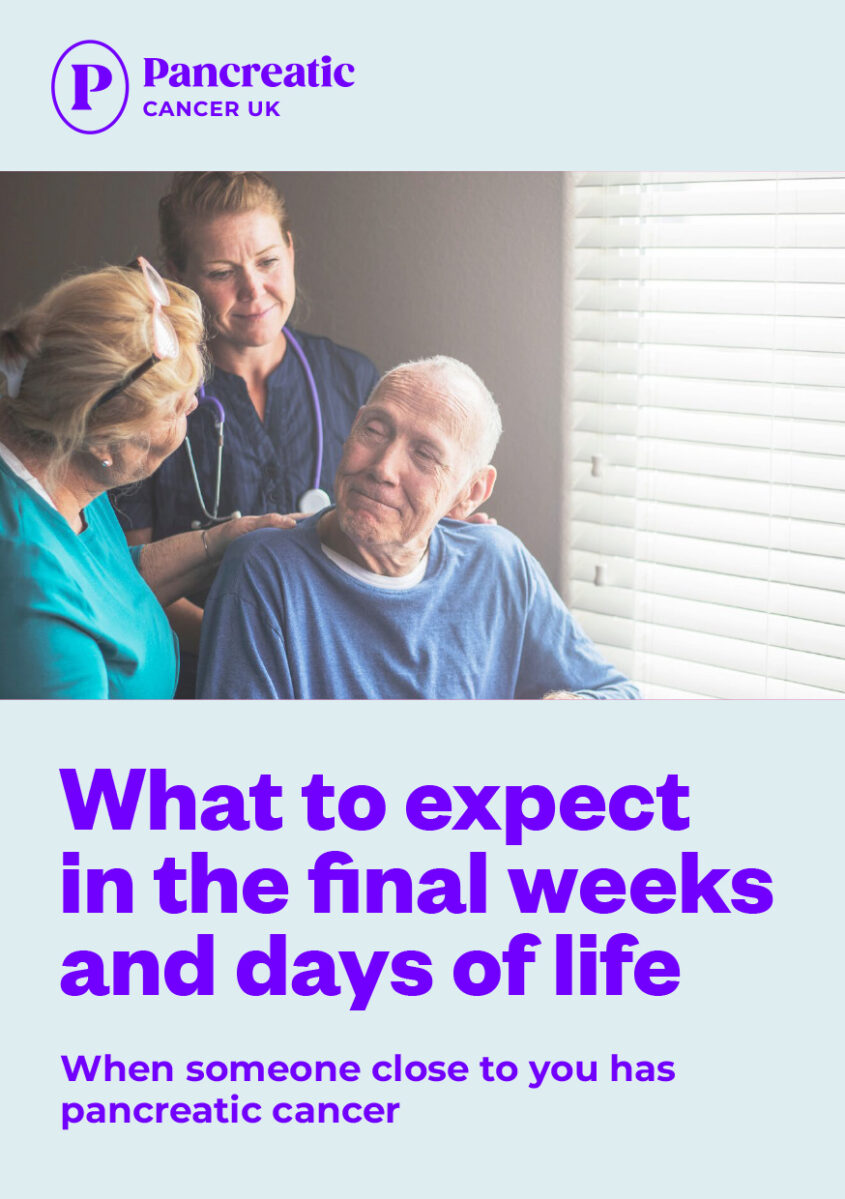Speak to our nurses
Our specialist nurses on our free Support Line support families. You can ask them any questions you have, as well as talking through your worries.
The doctors and nurses can tell you what to expect, which may help you to feel more in control. But you might also need emotional support. Looking after yourself and getting any support you need can help you cope better.
Emotional support may come from friends, family, or health professionals. Talking about your feelings with someone who you feel comfortable with can help. But it’s not always easy to share your feelings with people you are close to. It can also help to speak to someone you don’t know.
Local cancer centres, including Maggie’s, and hospices offer emotional support for people caring for someone with cancer. Hospices provide care and support for people with an illness that can’t be cured, and for their families.
Counselling or ‘talking therapy’ involves talking to a trained professional about your thoughts and feelings. It may help you find ways of coming to terms with things. Ask your GP about counselling services in your area.
Our specialist nurses on our free Support Line support families. You can ask them any questions you have, as well as talking through your worries.


“I was offered free counselling. This was an excellent service and has really helped me.”
“We had our daughter, my parents, our son and his partner all living together before our daughter died. This served as a great support network for each other. It also meant we had the flexibility of someone always being with our daughter and for the others to get some time out.”
Sometimes people start to grieve for the loss of the person with cancer before they die. This is called anticipatory grief. It is normal, but these feelings can be very difficult and may feel as intense as grief after a death.
You may be able to get support from your local hospice or organisations such as Maggie’s or Cruse. This can help you prepare for loss and for what the future might hold.
“As soon as mum had her terminal diagnosis, I started to picture my life without her and think about all the experiences we were going to miss. It was really hard. I didn’t really understand my feelings then, but I know now that it was anticipatory grief.”
Read more about what to expect in the final weeks and days of life. You can download our booklet, or order a physical copy.


Published August 2024
Review date August 2027